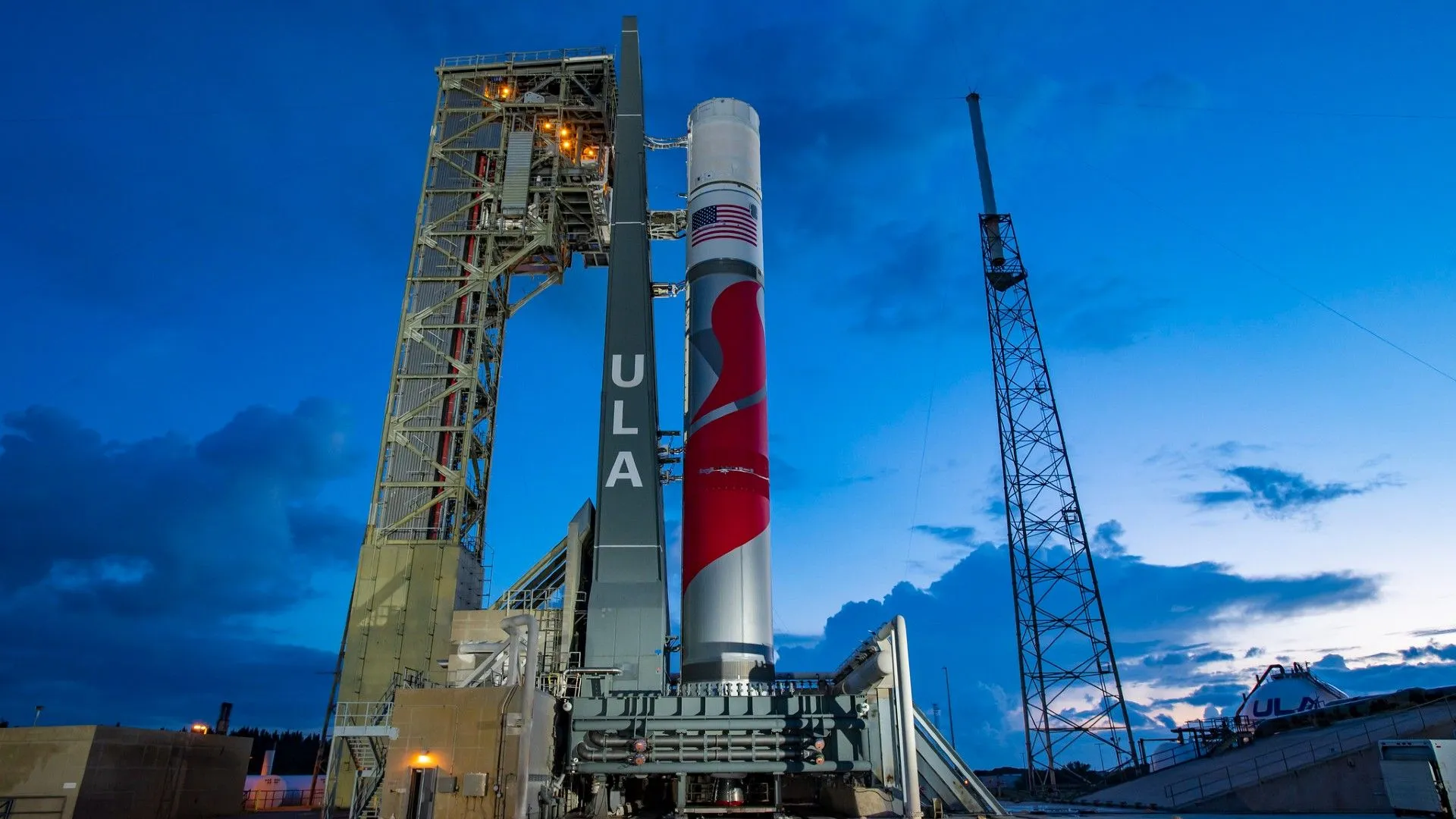On January 8th, 2024, a private company leads a monumental lunar mission, marking a new era in U.S. space exploration.
The Vulcan Centaur rocket, a creation of United Launch Alliance ULA, is set for launch. Its destination is the moon’s Sinus Viscositatis region, and it is expected to arrive by February 23.
The United Launch Alliance is a prominent aerospace manufacturer and launch service provider formed through a joint venture between Lockheed Martin and Boeing.
With its reliable track record, ULA is a key player in government and commercial space missions, offering diverse rocket configurations for various payloads.
This mission marks the first U.S. lunar attempt since the Apollo era. John Thornton, CEO of Astrobotic, voices the honor of leading this initiative.
The world watches as this private venture aims to replicate the feats of national agencies.
Past soft landings on the moon have been rare and challenging. The U.S. seeks to add a new chapter to this exclusive history.

The mission carries the Peregrine lander, loaded with scientific instruments. These tools will study lunar radiation and surface composition.
Such research aims to ease future astronaut missions. Additionally, the lander transports unique items, including a miniature rover and a Bitcoin.
Controversially, it also carries cremated remains and DNA of notable figures.
The Navajo Nation has raised objections, citing the moon’s sacred status. Their concerns highlight the ethical complexities of space exploration.
Vulcan Centaur prepares to lift off
Despite discussions with officials, their pleas remain unaddressed.
As the Vulcan Centaur prepares to lift off, it carries not just physical payloads but also the aspirations and controversies of a nation.
This mission stands as a testament to human ambition and the ongoing dialogue about our place in the cosmos.
It has been over half a century since the last U.S. moon landing, a period marked by tremendous technological advancement but few lunar visits.
The shift to a private initiative leading the charge represents a new era in space exploration, reflecting growing confidence in commercial capabilities and a broader vision for the future of extraterrestrial endeavors.

